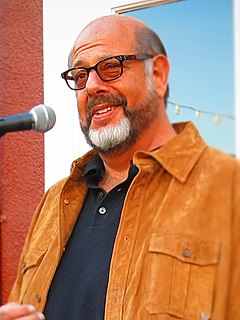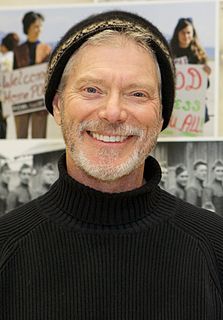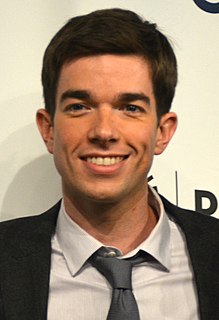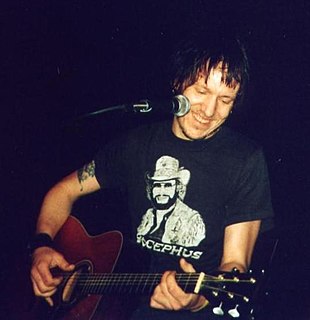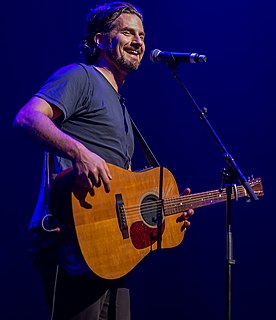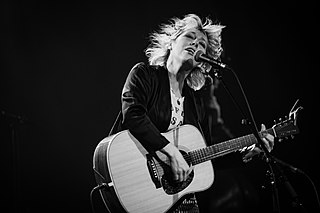A Quote by Fred Melamed
I'm one of relatively few stage-trained actors who doesn't much like acting on stage. It feels kind of like riding the Cyclone at Coney Island, which I did when I was eight. When it was all over, I was glad I had done it, but most of the time when it was actually happening, I was just kind of hanging on for dear life.
Related Quotes
I was relatively buff (before 'Avatar'), because I was working in a tanktop half the time on stage, anyway, but I just went kind of into hyperdrive after that and really worked to beat that old body into shape, to get that carcass where...I didn't want to be looking at it and see anything hanging where it shouldn't be hanging.
I can feel how an audience is reacting when I'm on a stage, but when you are on stage, your perception is distorted. That's something you just have to know. It's like pilots that fly at high Gs and they lose, sometimes, consciousness and hand/eye coordination and they just have to know that that's going to happen. They have to be trained to not try to do too much while they are doing that. So when you are on stage, you have to be aware that you are wrong about how it feels a lot of times.
I spend a lot of my time thinking about how to spend my time. Probably too much - I probably obsess over it. My friends think I do. But I feel like I kind of have to, because these days, it feels like little bits of my time kind of slip away from me, and when that happens, it feels like parts of my life are slipping away.
I thought for a long time that within art, that you would come up with an idea, you would labor over it intensely until you felt like it was done, and then when you finished it, that was the final stage. I started to realize that that's not actually the completion of it. The final stage of any kind of art is to really lose control over it and let it affect other people. You can't control the effect that it has on people, but you hope that it has some sort of reaction. You just hope that they're not indifferent to it, you wanna make people feel something, whether it's love or hate.
I, perhaps, at that stage, had the kind of ambition that others may have had; you know, namely based on the concept that if you were trained the world was out there waiting for you to provide a certain kind of leadership and give you an opportunity. But with the Depression, I began to see that there were certain social forces over which the individual had very little control.
I was new to acting on a stage in a narrative as opposed to acting on a stage as a stand-up. And like everything else it's just like comfort level. The first time I did stand-up I was at a place called the B3 in New York on Third and Avenue B and I not only didn't take the mic out of the stand, but I clutched the stand of the entire time.
My whole life at a certain point was studio, hotel, stage, hotel, stage, studio, stage, hotel, studio, stage. I was expressing everything from my past, everything that I had experienced prior to that studio stage time, and it was like you have to go back to the well, in order to give someone something to drink. I felt like a cistern, dried up and like there was nothing more. And it was so beautiful.
I've been doing four-track songs by myself since I was like a teenager, where I'd sing in a way that I ... I just didn't think other people would like it, so I didn't play it for them but eventually I got over that, which I'm happy that I did, because it's kind of a drag to be playing a kind of music that you don't really like as much as another kind.
To this day, to this very day, except for television, I've never had a writer. Anything I've ever done on the stage, happened on the stage and I developed it from there. It started doing impressions and jokes - which I did very poorly. To this day I can't tell a joke. That sounds nuts, but it's true. I exaggerate it and it becomes a joke. Everything I've ever done I've done out on the stage and it became a performance over many many years.
The [Booker] prize was actually responsible in many ways for my political activism. I won this thing and I was suddenly the darling of the new emerging Indian middle class – they needed a princess. They had the wrong woman. I had this light shining on me at the time, and I knew that I had the stage to say something about what was happening in my country. What is exciting about what I have done since is that writing has become a weapon, some kind of ammunition.
